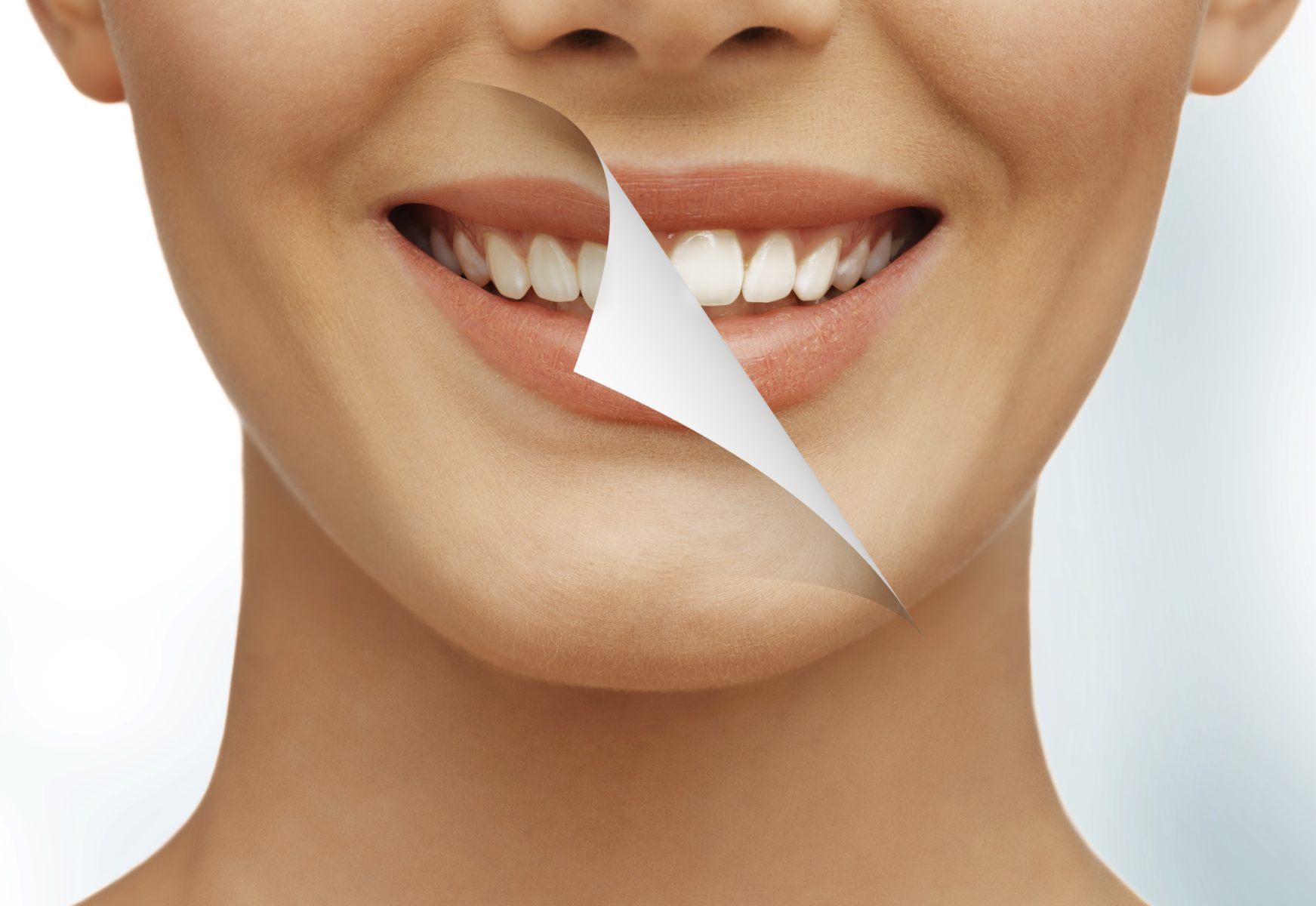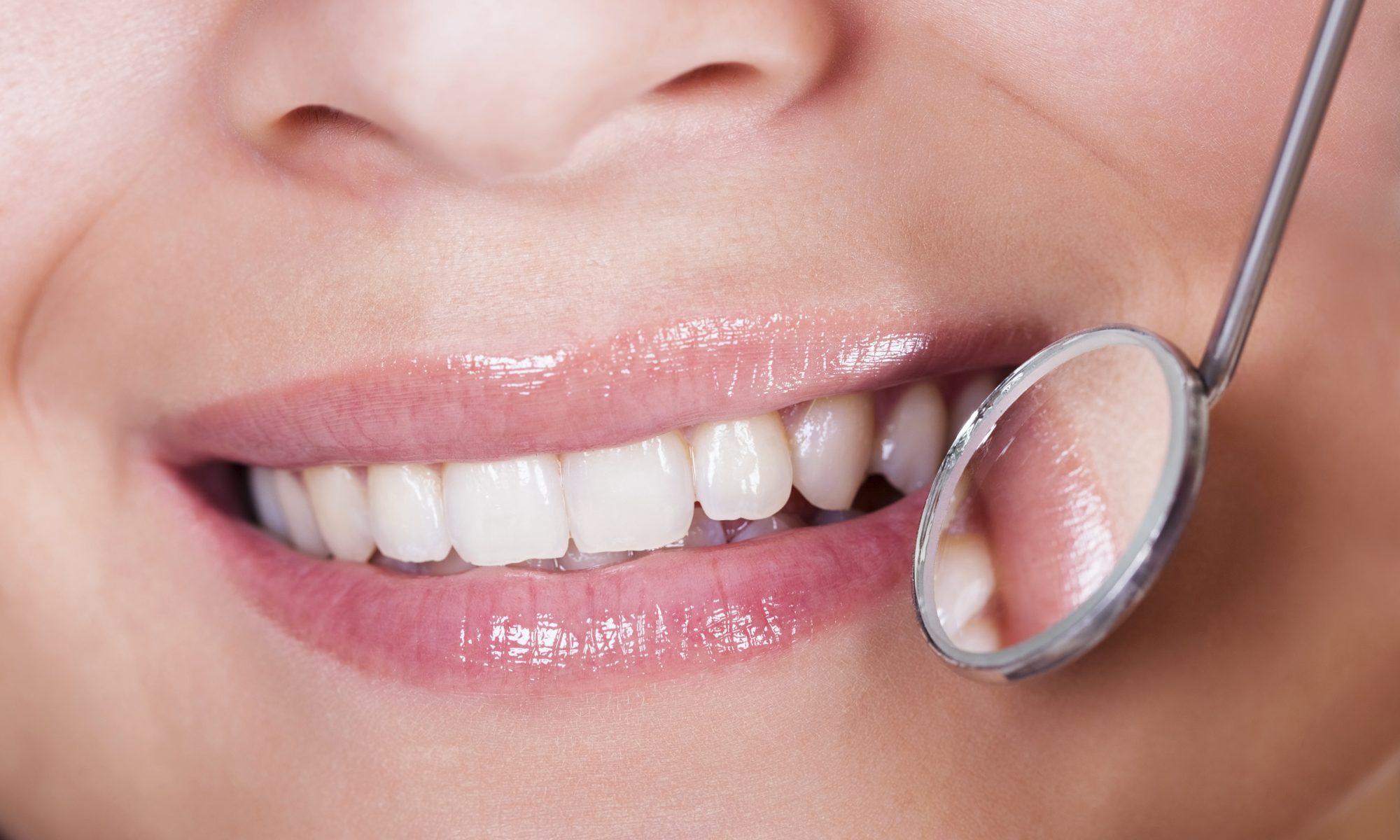Pediatric tooth loss is a natural part of a child’s dental development, but understanding the process and how to manage it can help alleviate concerns. Here’s a guide to pediatric tooth loss, regrowth, and how parents can support their child’s dental health during this phase.
Primary Tooth Loss
Primary (baby) teeth typically begin to fall out around age 6 to 7, making way for permanent teeth. This process continues until around age 12 or 13 when most children have their full set of adult teeth. The sequence of tooth loss and eruption varies, but generally follows a pattern starting with the lower front teeth.
Causes of Primary Tooth Loss
Primary teeth fall out naturally as permanent teeth develop beneath them. However, premature loss due to decay, injury, or genetics can occur. Early loss can impact the alignment of permanent teeth and may require intervention from a dentist.
Regrowth of Permanent Teeth
Permanent teeth erupt gradually, starting with the first molars behind the primary teeth. This process continues through childhood and adolescence, with the last molars (wisdom teeth) typically erupting in the late teens or early twenties.
Managing Pediatric Tooth Loss
Parents can support their child’s dental health during tooth loss and regrowth:
- Encourage Good Oral Hygiene: Teach children to brush twice daily with fluoride toothpaste and floss regularly.
- Monitor Development: Keep track of tooth eruption patterns and address any concerns with a pediatric dentist.
- Healthy Diet: Provide nutritious foods to support dental development and overall health.
- Regular Dental Check-ups: Schedule routine visits to monitor tooth development, detect any issues early, and receive preventive care.
When to Seek Dental Care
If a primary tooth is lost prematurely or due to injury, consult a dentist. They can assess the need for space maintainers to prevent neighboring teeth from shifting and ensure proper alignment for incoming permanent teeth.
Understanding pediatric tooth loss and regrowth helps parents navigate this natural process while promoting good oral health habits. By staying informed and proactive, parents can help their children maintain healthy smiles as they transition from primary to permanent teeth. Regular dental care plays a vital role in ensuring optimal dental development and addressing any issues promptly.
Schedule your appointment today. Call Dr. Katia Doumit in Ottawa, Ontario at 613-232-8000 or visit www.urbandentalcentre.com. Dr. Doumit proudly serves Ottawa and all surrounding areas.









